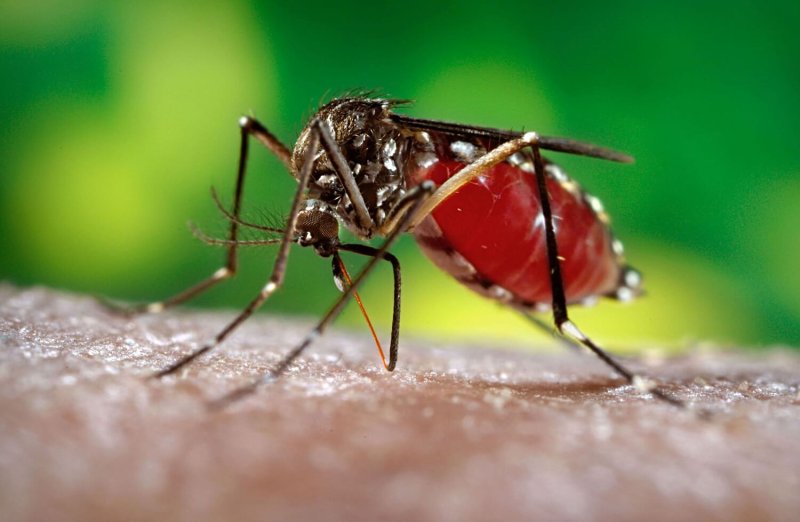The GLP aggregated and excerpted this blog/article to reflect the diversity of news, opinion and analysis.
In the year since Zika was first identified in the Americas, it’s grown into a global health emergency, with public health officials, governments, and researchers alike scrambling for solutions.
One solution? Getting rid of Zika’s main method of spreading from person to person, the Aedes aegypti mosquito. To do this, one company is genetically engineering the bugs so they pass a lethal gene to their offspring.
A small region just south of Cuba just announced plans to deploy the critters to fend off Zika, making it the second location to do so. The US is still considering using the mosquitoes in certain areas, but hasn’t done so yet.
The region is the Cayman Islands, a British territory of about 58,000 people composed of three islands (of which only one has locally transmitted Zika).
Oxitec, the biotech company that makes these mosquitoes, launched another GM-mosquito disease-prevention program in Brazil in 2015which targeted dengue and yellow fever, two diseases that are also transmitted by the A. aegypti mosquito. Oxitec has since expanded that program in response to the Zika outbreak.
The Cayman Island project is focused on the Grand Cayman island. For the first two months, Oxitec and the Cayman Islands’ Mosquito Research and Control Unit (MRCU) will educate people about the mosquitoes and make sure they’re aware these bugs are not the ones spreading disease. Then, Oxitec will deploy enough mosquitoes to try and protect an area of 1,800 residents on the Grand Cayman island from Zika.
Read full, original post: Another region is joining in the fight to use genetically modified mosquitoes to fight Zika































